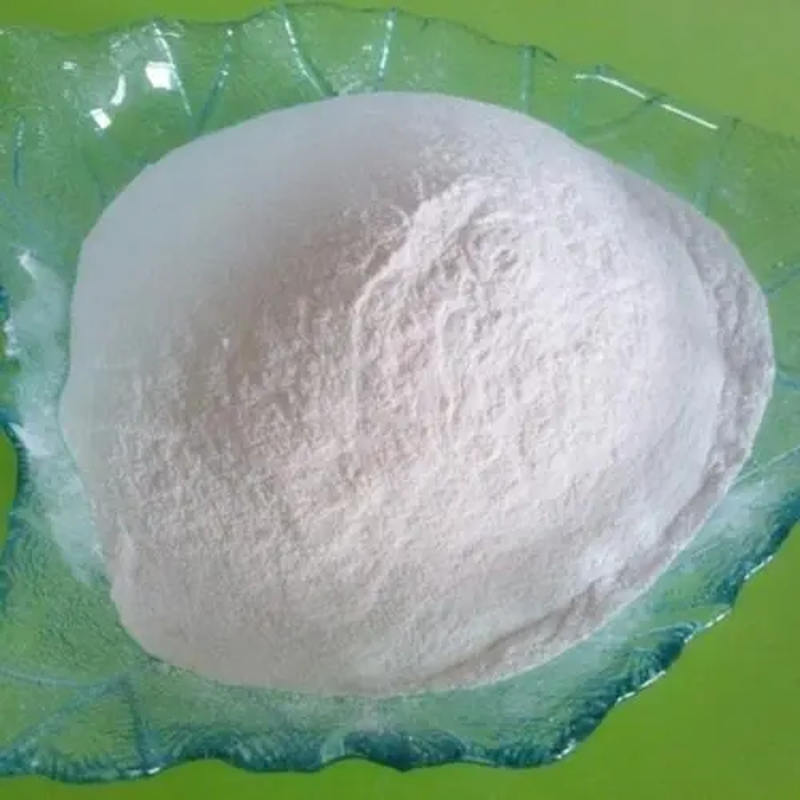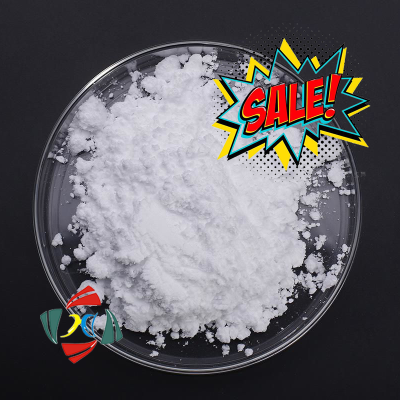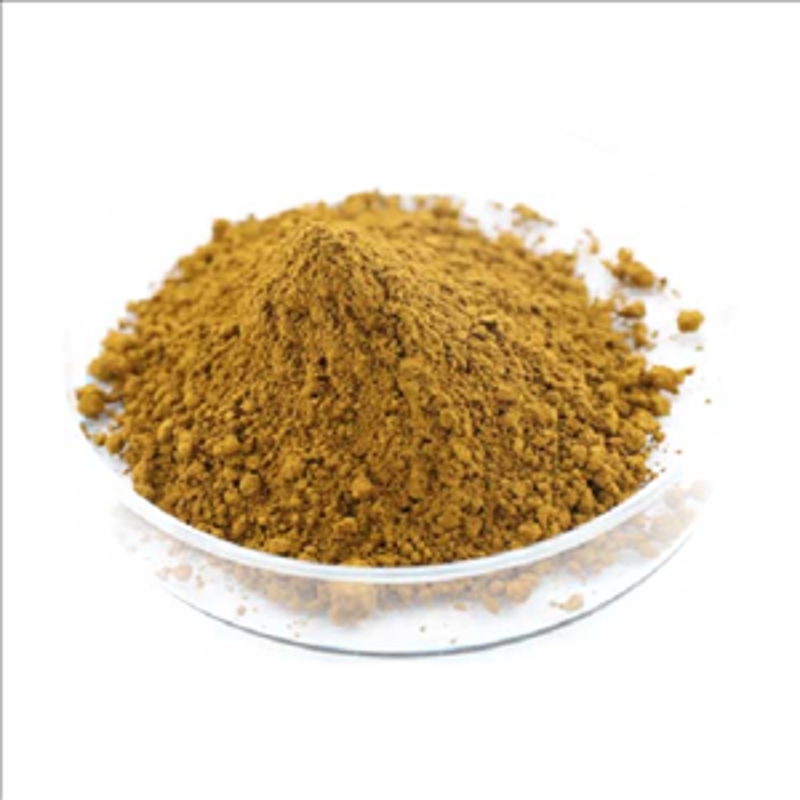New anti-inflammatory drugs! Sanofi/Regenerative Dupixent approved in the U.S.: The first biological drug to treat severe asexual dermatitis in children aged 6-11!
-
Last Update: 2020-05-28
-
Source: Internet
-
Author: User
Search more information of high quality chemicals, good prices and reliable suppliers, visit
www.echemi.com
May 27, 2020 /
Biogro
BIOON/ -- Sanofi and Regeneron recently jointly announced that the U.SFood and Drug Administration (FDA) has approved Dupixent (dupilumab) for the treatment of patients aged 6-11 with moderate to severe atopic inothes (AD) in childrenThe indications were approved through a priority review process, after theFDAhad granted Dupixent treatment spree (BTD) for severe AD in children with poor control of external prescription drugsit is worth noting that Dupixent is the only biological agent approved for use in children with moderate to severe AD age in the ages of 6-11, specifically as an additional maintenance therapy for use with prescription therapy that does not adequately control the disease or when these treatments are not available for treatment of patients aged 6-11 years with moderate to severe ADDupixent is a subcutaneous injection agent with 2 dose regimens in pediatric (6-11 years) AD patients, based on a weight prescription (after the initial load dose, 300 mg per 4 weeks for children weighing from 15 kg to 30 kg, and 200 mg per 200 mg per 2 weeks for children weighing from 30 kg to 60 kg)Dupixent is an all-humanized monoclonal antibody that inhibits signaling of IL-4 and IL-13, which is not an immunosuppressantData from theof clinical trials in theof Dupixent show that IL-4/IL-13 is a key driver of type 2 inflammation and plays a key role in asexual dermatitis,asthma, and chronic nasal-sinusitis with nasal polyps disease (CRSwNP)More than 150,000 patients have received Dupixent treatment for these three indications approved worldwide"This approval will bring a paradigm change in the efficacy and safety of moderate to severe asexual dermatitis for children," said DrGeorge DYancopoulos, co-founder, president and chief scientific officer ofRegeneration ElementThese young, vulnerable groups are struggling with the symptoms of decayWe will continue to study the potential of Dupixent in children with moderate to severe asexual dermatitis andasthmachildren between 6 months and 5 years of ageIn addition, we are investigating the treatment of other diseases caused by type 2 inflammation, including eosinophilic esophageal itisis, food and environmental allergies, chronic obstructive pulmonary disease and other skin diseases"ThisFDAapproval is another milestone in Dupixent's efforts to treat atopic dermatitis and other diseases caused in part by type 2 inflammation," said John Reed,'s global head of research and developmentCaregivers and their doctors in children with moderate to severe asexual dermatitis can now use a proven safety first-class biologic that often plays a key role in treatment decisions for younger patientsIn addition, Dupixent observed an improvement in itching and the severity of the disease within 2 weeks of the first administration and continued to observe it throughout the active treatment, which was important for both these children and their families"
this approval, based on the results of a critical Dupixent Pediatric Phase III clinical study (NCT03345914) This randomized, double-blind, placebo-controlled study assessed the efficacy and safety of Dupixent's combined standard care local corticosteroids (TCS) in treating severe AD (covering an average of nearly 60% of the skin surface) in children A total of 367 patients in the study group were 6-11 years old with severe AD whose condition could not be fully controlled by local drugs Overall, 92% of patients also suffer from at least one concurrent disease, such as allergic rhinitis, asthma
and food allergies all patients received TCS treatment throughout the study These patients were randomly enrolled in three treatment groups for 16 weeks: the first group received 300 mg of subcutaneous injections (initial dose 600 mg) every 4 weeks, and the second group received Dupixent 100mg of subcutaneous injections every 2 weeks 200 mg (based on weight adjustment, a dose of 100 mg for 30 kg and a dose of 200 mg for 30 kg) with an initial dose of 200 mg or 400 mg, respectively; the third group received a placebo every 2 weeks or every 4 weeks The primary endpoint was the percentage of patients who achieved a 75% improvement in the researchers' overall assessment (IGA) score of 0 (clear) or 1 (almost clear) and eczema severity index within 16 weeks (EASI-75, a common primary endpoint outside the United States) results show edited to the primary and secondary endpoints The data showed that in children with severe AD, The Dupixent combination OF TCS significantly improved the overall disease severity, skin removal, itching, and health-related quality of life in children with severe AD In addition, the safety data were consistent with the previously recorded safety data in the group of patients 12 years and older, including lower skin infection rates than placebos 16 weeks of treatment results included: (1) 33% of the first and second groups, 30% of patients with skin damage to achieve an IGA score of 0 (clear) or 1 (almost clear), and the placebo group was 11% (p 0.0001 and p.0004, respectively) (2) In the first and second groups, 70% and 67% of patients achieved skin improvement of 75% or higher (EASI-75), and 27% in the placebo group (both p.0001) (3) Average EASI scores in the first and second groups improved by 82%, 78% relative to baseline, and 49% in the placebo group (both p.0001) (4) Dupixent showed significant itching relief and improved the measurement of patient reporting results, such as anxiety, depression, and the health-related quality of life of parents and family members During 16 weeks of treatment, the total incidence of adverse events in the first and second groups was 65%, 67%, and 73% in the placebo group More common adverse events treated by Dupixent included conjunctivitis (7% in the first group, 15% in the second group, 4% in the placebo group), nasopharyngitis (13% in the first group, 7% in the second group, 7% in the placebo group), and injection site reactions (10% in the first group, 11% in the second group, 6% in the placebo group) Other pre-designated adverse events included: skin infection (6 per cent in the first group, 8 per cent in the second group, 13 per cent in the placebo group), herpes virus infection (2 per cent in the first group, 3 per cent in the second group, 5 per cent in the placebo group) based on this result, Dupixent was the first biological agent to show positive results in this pediatric (6-11 years old) AD population a key driver of Dupixent's targeting of type 2 inflammation, a human-derived monoclonal antibody that specifically suppresses over-activation signals for two key proteins, IL-4 and IL-13 IL-4/IL-13 is two inflammatory factors that are considered to be key drivers of intra-inflammatory inflammation in allergic and other type 2 inflammatory diseases, including asexual dermatitis, asthma , acidophilic cytitis, grass allergy, peanut allergy, etc Dupixent was launched at the end of March 2017 as the world's first biological agent to treat moderate-severe asexual dermatitis To date, the drug has been approved by many countries and regions, including the United States, the European Union and Japan In the United States, Dupixent is now approved for the treatment of three diseases caused by type 2 inflammation: moderate to severe asexual dermatitis (patients aged 6 years), moderate to severe asthma (patients aged 12), and chronic nasal-sinusitis (CRSw, adult patients) , Sanofi and Regeneration are also conducting an extensive clinical project to evaluate Dupixent's treatment of allergies and other type 2 inflammations, including: childhood asthma (6-11 years, stage III), child adhesion dermatitis (6 months to 5 years old, II Phase III), eosinophilic esophageal itis (phase III), chronic obstructive pulmonary disease (phase III), large herpes herpes (phase III), nodule itch (phase III), chronic spontaneous urticaria (phase III), food and environmental allergies (phase III) Dupixent is another important product that Sanofi and Regeneration have developed in partnership with pcSK9 inhibitor Praluent and are expected to be a game-changer Dupixent's indications are steadily increasing, with EvaluatePharma, a well-known pharmaceutical market research firm, predicting global sales of the drug could reach $8 billion by 2024 (BioValleyBioon.com) original source: FDA app
roves Dupixent ® (dupilumab) as First Biologic Medicine for Children Aged 6 to 11 Years with Moderate-to-Atopic Severe Dermatitis
This article is an English version of an article which is originally in the Chinese language on echemi.com and is provided for information purposes only.
This website makes no representation or warranty of any kind, either expressed or implied, as to the accuracy, completeness ownership or reliability of
the article or any translations thereof. If you have any concerns or complaints relating to the article, please send an email, providing a detailed
description of the concern or complaint, to
service@echemi.com. A staff member will contact you within 5 working days. Once verified, infringing content
will be removed immediately.







